Pope Francis’ new encyclical is called Laudato Si’. The title is Latin for the first words of St. Francis of Assisi’s beautiful Canticle to Creation: “Praised be to you.” The encyclical is a call for all people to enter into a dialogue with one another about planet earth, our common home. The encyclical is long (the version I read is 160 pages). It draws on the best scientific research (refreshing to see in a church document). It also quotes from a wide variety of individuals, organizations, and documents. (There 172 footnotes.)
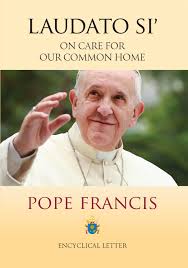 I would strongly encourage you to read the entire encyclical. There are free versions on line. (I’ll give a link at the end of this reflection). My copy (published by Our Sunday Visitor) costs $12.95 and includes discussion questions at the end. The encyclical is very reader friendly. It is both inspiring and challenging. I am very proud to see the Pope write so authoritatively and beautifully on an issue that is so critical for humanity’s future. Here are just a few ideas or quotes that especially touched me. (The numbers indicate the paragraph).
I would strongly encourage you to read the entire encyclical. There are free versions on line. (I’ll give a link at the end of this reflection). My copy (published by Our Sunday Visitor) costs $12.95 and includes discussion questions at the end. The encyclical is very reader friendly. It is both inspiring and challenging. I am very proud to see the Pope write so authoritatively and beautifully on an issue that is so critical for humanity’s future. Here are just a few ideas or quotes that especially touched me. (The numbers indicate the paragraph).
Over and over again the Pope stresses that earth is our common home. He sings of the beauty of the natural world: Soil, water, mountains: everything is, as it were, a caress from God (84). There is mystical meaning to be found in a leaf, in a mountain trail, in a dewdrop, in a poor person’s face (233).
He also emphasizes that everything is connected. The destruction of plankton, for example, can have dire negative effects on the food we humans rely on (40). Practices and policies in one country effect the rest of the world. He is blunt: our wholesale pollution is turning our planet into an immense pile of filth (21).
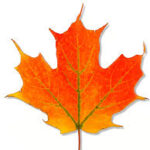
The Pope challenges us to a new way of thinking and living. Quoting Patriarch Bartholomew of the Orthodox Church, he asks us to replace consumption with sacrifice, greed with generosity, wastefulness with a spirit of sharing. Asceticism is not simply to give up. It is a way of loving, of gradually moving away from what I want to what the world needs (8).
In his letter, Pope Francis tackles the major ecological issues of our day: pollution and climate change, water availability, loss of biodiversity, decline in the quality of human life, the breakdown of society, and global inequality. He criticizes our throwaway culture, for example, where one third of all food we produce is discarded (50). He admits that even some prayerful Christians ridicule expressions of concern for the environment. Others are passive and choose not to change their habits. What we need, then, is an ecological conversion. Living our vocation to be protectors of God’s handiwork is essential to a life of virtue. It is not an option (217). (I wondered, how many of us ever confess our sins and failings against the environment?)
In chapter three, the Holy Father criticizes our modern utilitarian mindset with its glorification of individualism, unlimited progress, competition, consumerism, and the unregulated market. This part of the encyclical can be tough reading for those of us living in modern capitalistic countries. He challenges those who are obsessed with maximizing profits to stop and reflect on the environmental damage they will leave behind for future generations (190).
Pope Francis links the environmental crisis with the suffering of the poor, for it is primarily the poor who experience first hand the destruction of planet earth. He notes the vast migrations of people our world has seen in recent years. Many of these people are “ecological refugees” fleeing from growing poverty caused by environmental devastation (25).
At the end of the letter, Pope Francis gives some small, practical things we can do now to change our awareness and our habits. We can practice mutual respect of each other, pray grace before meals, help take care of public places such as monuments and parks, and help beautify our local environment. We can also remember

to stop regularly and admire the beauty of our world. If we don’t learn to do this, we run the risk of treating everything as an object to be used or abused without scruple (215). We can also move away from “compulsive consumerism.” Quoting his predecessor, Pope Benedict, he writes: Purchasing is always a moral—and not simply economic—act (206). He notes the good pressure consumer boycotts can have in forcing businesses to consider their environmental footprint. He challenges us to embrace the conviction that less is more and to be happy with little (222).
I’ve touched only the surface of Laudato Si’. But in doing so, I hope I have whet your appetite to read more of this amazing encyclical. I know I will be referring to it in future posts. Let us conclude with part of the prayer that Pope Francis gives us at the end of his encyclical:
All powerful God, you are present in the whole universe
and in the smallest of your creatures. You embrace with your tenderness all that exists.
Pour upon us the power of your love, that we may protect life and beauty.
Fill us with peace, that we may live as brothers and sisters.
Help us to rescue the abandoned and forgotten of this earth.
Teach us to discover the worth of each thing,
to be filled with awe and contemplation,
to recognize that we are profoundly united with every creature.
We thank you for being with us each day.
Encourage us, we pray, in our struggle for justice, love, and peace. Amen.
The Holy Father challenged us to stop regularly and admire our world. May this 6 minute video (called “Blue Planet” with music by Igor Krutoi) help us do this:
To read the encyclical on line, click on the Vatican website below. You might have to wait a few seconds for the page to come up. When it does, go to the top right and click on the language you want. Then click “encyclicals” on the left and it will appear.
http://w2.vatican.va/content/vatican/en/html
PS: Pope Francis has declared September 1 as World Day of Prayer for the Care of Creation (as the Orthodox Church has done since 1989) He encourages us to continue to work and pray for this special intention all the way to October 4, the Feast of St. Francis of Assisi.
Do you have any thoughts on the environmental crisis or on Pope Francis’ words? What are you doing to care for our common home? I welcome your comments below.


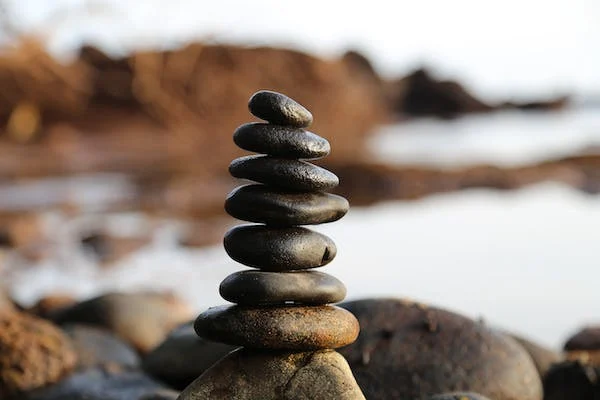
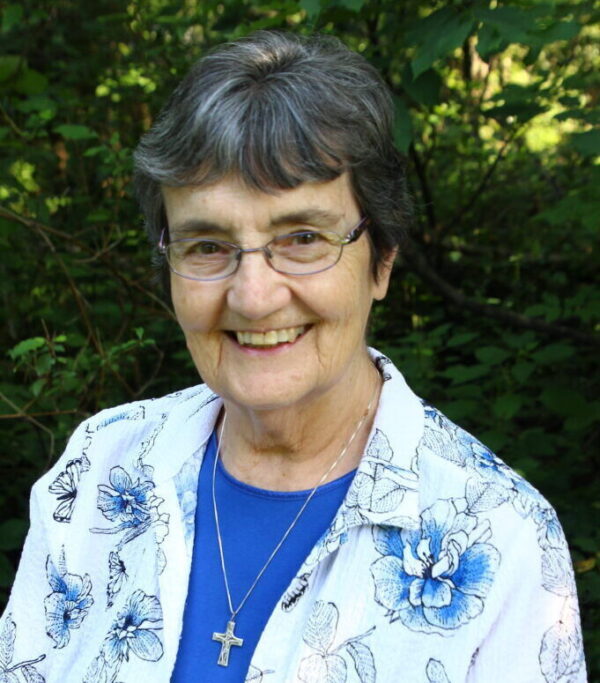

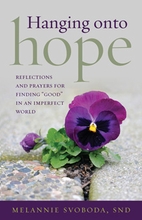

6 Responses
What a wonderful idea to pray for the care of creation! Thanks for sharing the essence of the encyclical.
Pope Francis is truly challenging us to be good caretakers of the earth.
Kathleen
Just some thoughts as to things all of us can do , as this is an issue dear to my heart.
1. Eat more meatless meals. It takes a lot more resources to provide meat protein than vegetable protein. Also, animals raised for meat are generally not treated well. (I haven’t eaten meat in ten years.) Consider organic sources of protein.
2. Recycle ! If there is no curb pickup in your area, fire stations and schools often have recycling centers.
3. Consider composting. I am no longer able to have a compost bin, but I still save my coffee grounds for my plants. Most plants like the acid.
4. Combine trips, avoiding unnecessary driving.
5. “Less is More.” It really is, as you appreciate the fewer things more when you can actually use and see them.
6. Plant a garden. The bees need sources of food, and you will enjoy the veggies or flowers. You’ll also attract hummingbirds butterflies, and hummingbird moths, which will bring you joy. It’s also good exercise.
7. Shop locally.
8. Don’t waste water.
9. Use environmentally friendly cleaners.
10. Consider all that you do for the environment as a form of prayer.
Thank God for our Pope, daring to address this issue of how we treat the world we have been given.
Thank you again. Can someone walk me through how to open up that encyclical? I have an iPad. Thanks!
Try this direct link:
http://w2.vatican.va/content/francesco/en/encyclicals/documents/papa-francesco_20150524_enciclica-laudato-si.html
Again as the Bishop of Rome cites the Bishop of New Rome: “Our original sin with regard to the natural environment lies in our refusal to accept the world as a sacrament of communion, as a way of sharing with God and neighbor on a global scale. It is our humble conviction that divine and human meet in the slightest detail contained in the seamless garment of God’s creation, in the last speck of dust.”
Thank you, thank you, thank you! I started reading the encyclical and discovered all those other prayers, writings, homilies, meditations, etc of Pope Francis…and it has opened up a whole new world for me!
The Holy Spirit has really been working in all this and my heart is overflowing!